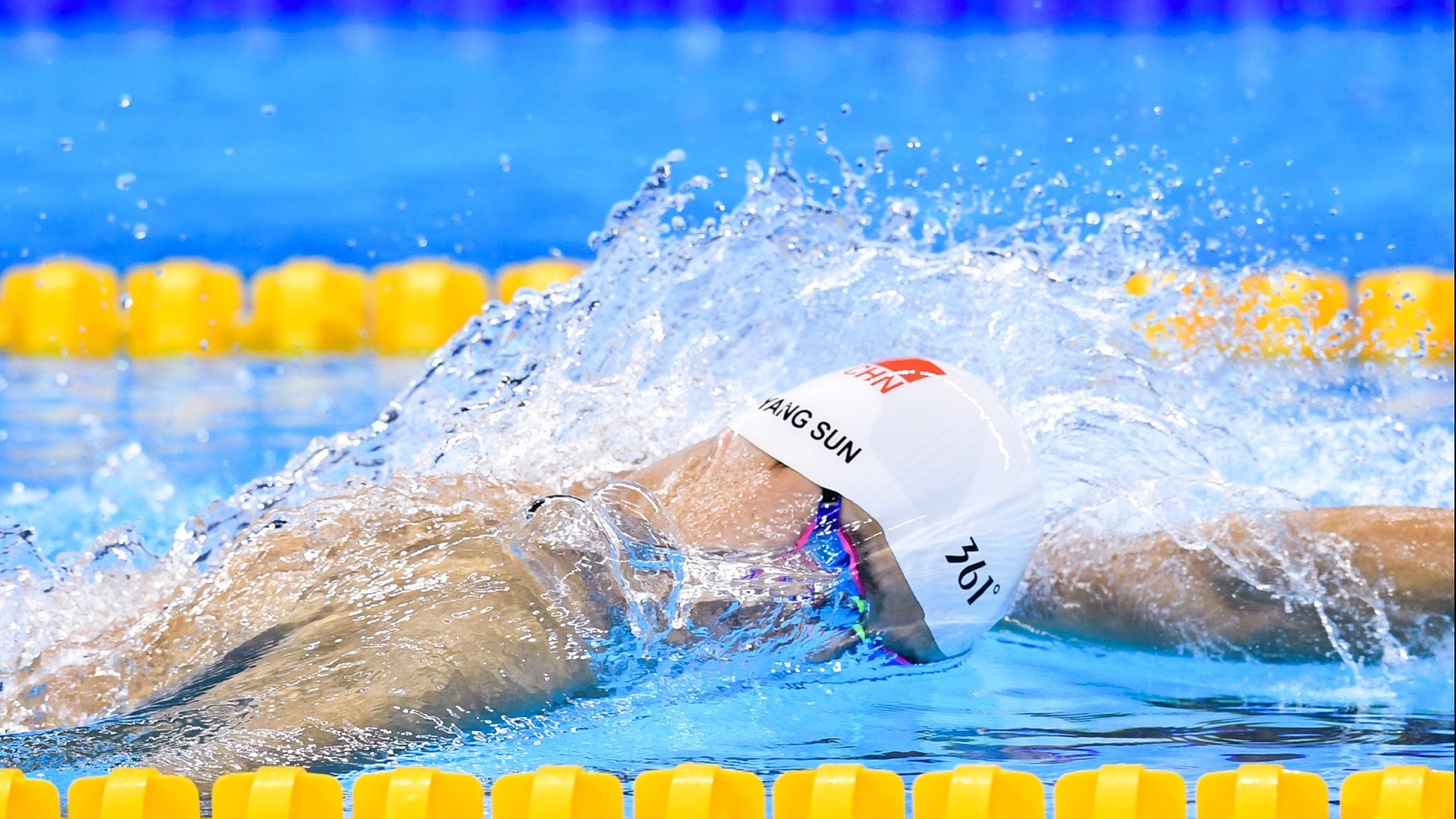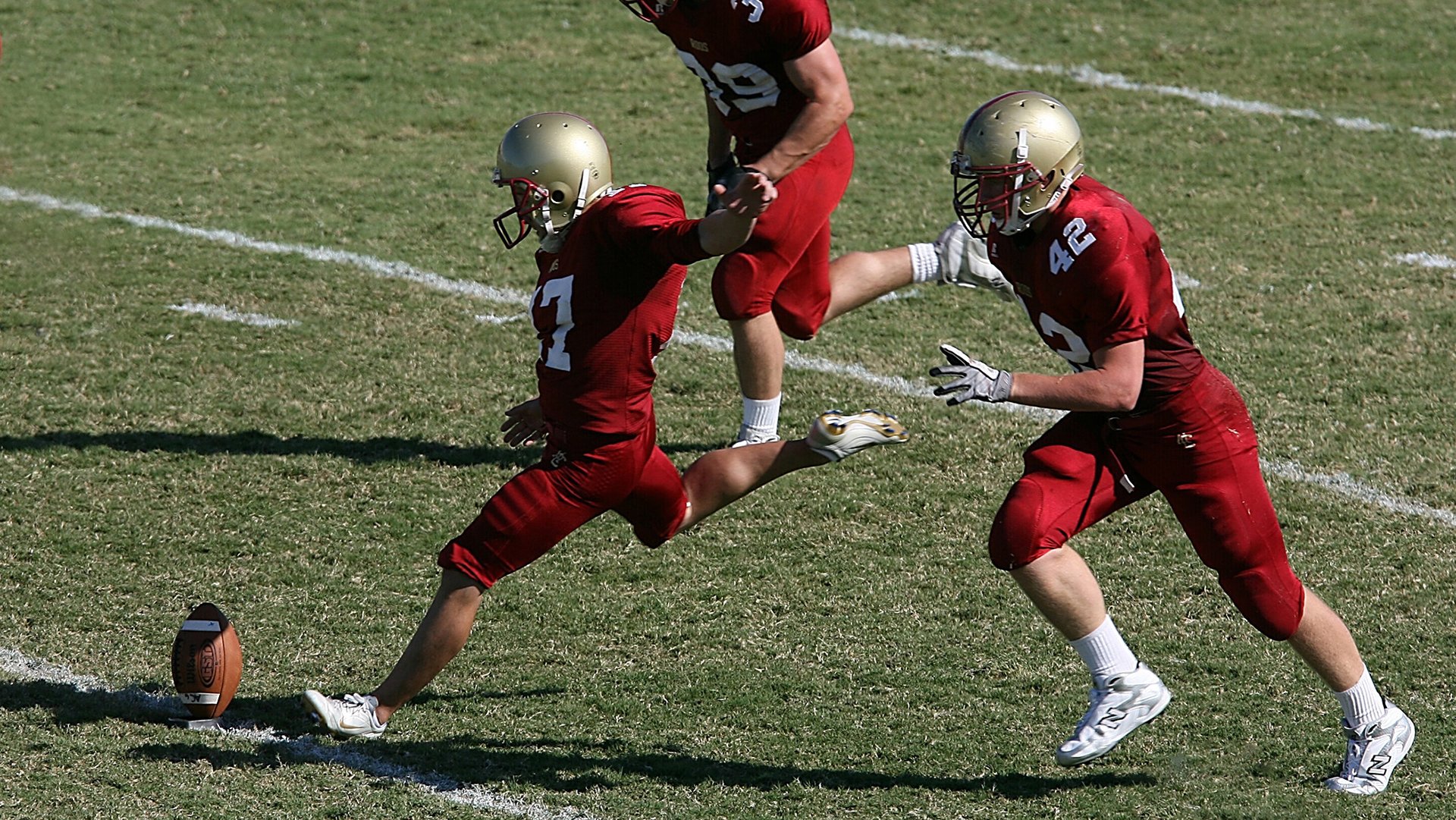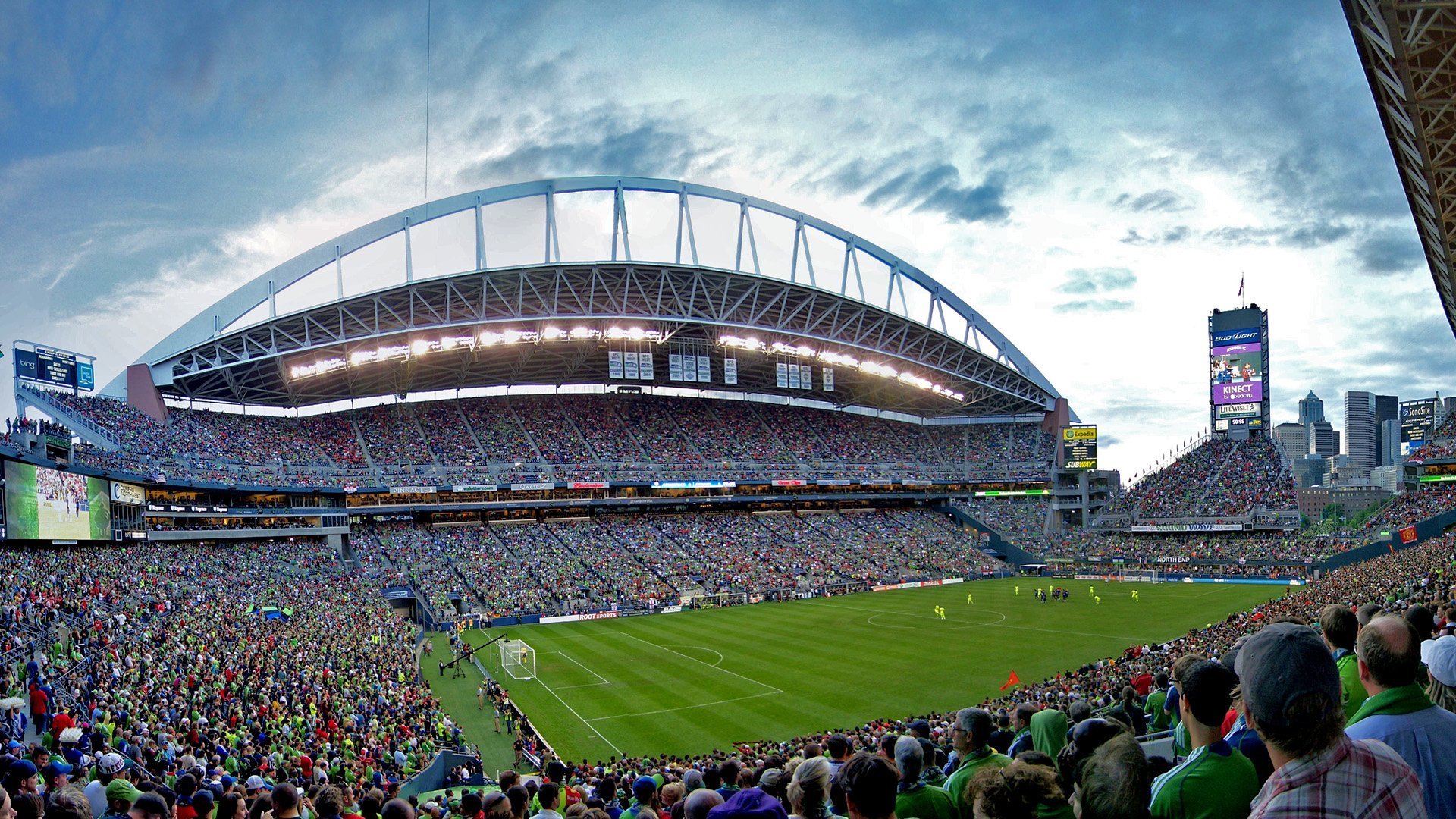Sports Scorekeeper Synonym: A Comprehensive Guide
Are you looking for a versatile and efficient way to keep track of sports scores? Look no further! A sports scorekeeper, also known as a statistician or a scorekeeper, is an essential role in any sports event. In this article, we will delve into the various aspects of a sports scorekeeper, including their responsibilities, tools, and the importance of their role in sports. Let's get started!
Responsibilities of a Sports Scorekeeper
A sports scorekeeper has a wide range of responsibilities, which may vary depending on the sport. However, some common duties include:

- Recording the score of the game in real-time.
- Tracking player statistics, such as points, assists, and rebounds.
- Ensuring the accuracy of the game clock and shot clock.
- Notifying the officials of any fouls or penalties.
- Updating the scoreboards and scorecards.
Tools Used by a Sports Scorekeeper
Keeping track of scores and statistics can be challenging without the right tools. Here are some essential tools used by sports scorekeepers:
- Scoreboard: A digital or manual scoreboard that displays the current score, time remaining, and other relevant information.
- Scorecard: A paper or digital document where the scorekeeper records player statistics and game events.
- Game clock: A timer used to track the elapsed time of the game.
- Shot clock: A timer used in basketball to ensure that teams take shots within a specified time limit.
- Penalty cards: Cards used to indicate fouls or penalties during the game.
Importance of a Sports Scorekeeper
The role of a sports scorekeeper is crucial for several reasons:

- Accuracy: Ensuring that the scores and statistics are accurate is vital for fair play and for historical records.
- Transparency: A scorekeeper provides transparency by keeping track of all game events and player statistics.
- Efficiency: By using the right tools and techniques, a scorekeeper can efficiently manage the game's flow and keep everyone informed.
- Professionalism: A skilled scorekeeper adds to the professionalism of the event and helps create a positive atmosphere.
Types of Sports Scorekeepers
There are various types of sports scorekeepers, each specializing in different sports:
| Sport | Scorekeeper |
|---|---|
| Basketball | Statistician |
| Baseball | Scorekeeper |
| Football | Statistician |
| Ice Hockey | Scorekeeper |
| Wrestling | Referee |
Training and Certification
Becoming a skilled sports scorekeeper requires training and certification. Here are some steps to consider:
- Research: Learn about the specific requirements and responsibilities of a scorekeeper in your desired sport.
- Training: Attend workshops or courses offered by sports organizations or educational institutions.
- Volunteering: Gain hands-on experience by volunteering at local sports events.
- Certification: Obtain certification from recognized sports organizations to enhance your credibility.
Conclusion
A sports scorekeeper plays a vital role in ensuring the smooth and fair conduct of sports events. By accurately recording scores, player statistics, and game events, they contribute to the professionalism and transparency










